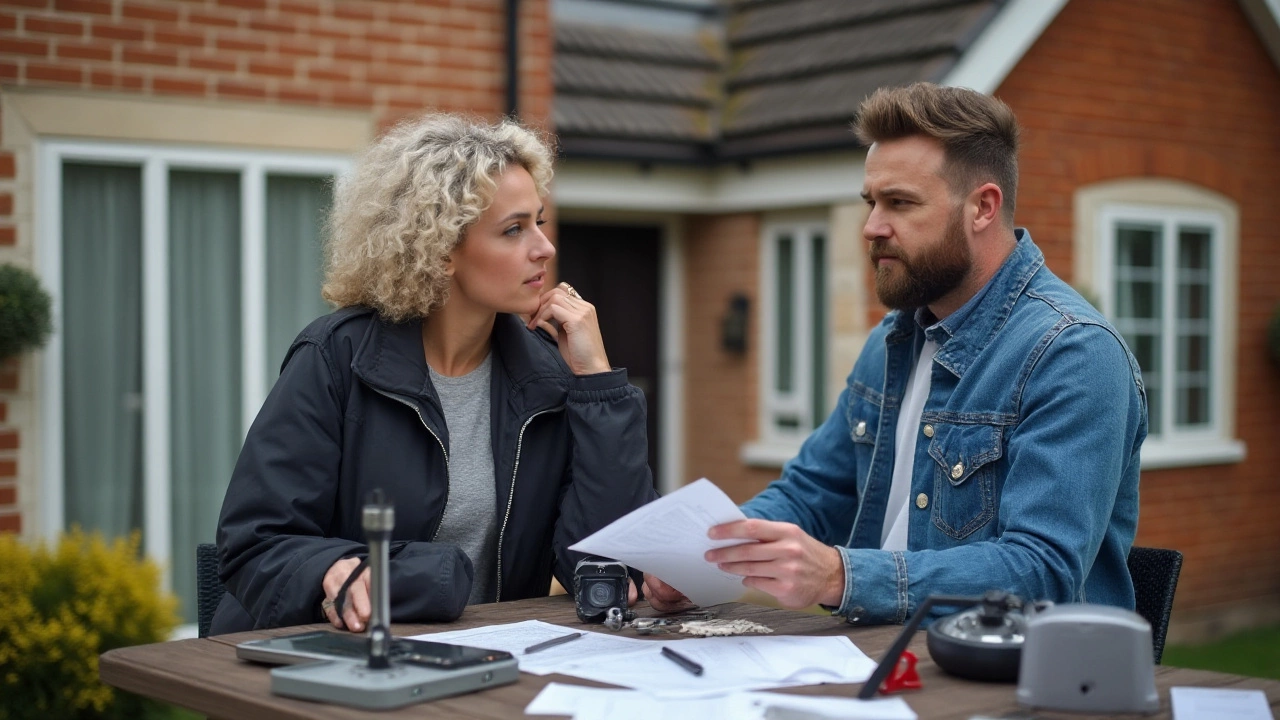If you work in security, the first thing you probably check is the hourly rate. Whether you’re a CCTV operator, a doorbell installer, or a night‑shift guard, knowing the market rate helps you price your services, negotiate a raise, or decide if a freelance gig is worth it. Below you’ll get a plain‑English rundown of what drives pay, typical numbers for common roles, and a few tricks to get more out of your hour.
Location is the biggest driver. A security tech in London can charge 30‑40% more than someone in a rural county because the cost of living is higher and clients expect faster response times. Experience matters too – a fresh graduate might start at £10‑£12 per hour, while a specialist with five years of night‑vision camera work can command £20‑£30 per hour.
Special skills add premium. Knowing how to set up wireless video doorbells, configuring cloud storage, or troubleshooting power outages during a blackout are all niche abilities that clients will pay for. Certifications (like a Level 3 Security Management qualification) also let you raise your rate because they prove you meet industry standards.
Job type influences pay as well. Full‑time salaried positions often hide the hourly figure behind benefits, while contract or freelance work shows the raw rate. A contractor who supplies their own equipment may charge more to cover gear costs, but they also keep the whole paycheck.
Here’s a quick snapshot of what you’ll see on job boards in the UK for 2025:
These numbers are averages – your exact rate will depend on the mix of the factors above.
Want to boost your hourly earnings? Start by adding a high‑value skill like infrared night‑vision calibration or cloud‑storage security. Then showcase certifications on your profile, and be clear about the extra you bring. When you pitch a job, break down the cost: equipment (£X), travel (£Y), labor (£Z). Clients appreciate transparency and are more willing to pay a fair rate.
Finally, keep track of your hours with a simple spreadsheet or time‑tracking app. Knowing exactly how much time each task takes lets you spot low‑paying activities and either raise the price or drop them altogether. It also gives you data to negotiate raises – you can say, “I’ve been delivering 15 hour‑week projects for £20 per hour; my market value is now £25.”
Bottom line: your hourly rate isn’t set in stone. It moves with where you work, how skilled you are, and what you deliver. Use the factors and typical pay ranges above as a base, then adjust for your unique mix. With a clear rate and solid justification, you’ll earn what you’re worth and avoid under‑pricing your expertise.

Exploring the financial aspects of hiring a CCTV installer, this article delves into the hourly rates and factors influencing the cost. Discover the average rate you might expect to pay and learn about potential extra charges tied to installation complexity. Gain insights into obtaining accurate quotes and tips for finding a reliable installer, ensuring you maximize your investment while enhancing your security setup.